
James oversees the content of our site and ensures the quality of every review and news article. With over 10 years of experience in the gambling industry, he has dedicated his career to exploring new trends and market analysis. James strives to make our articles accurate, understandable, and engaging for all readers. In his free time, James enjoys playing poker and has authored several books on poker strategy.
Blackjack odds are the backbone of any strategy in this iconic casino game. Understanding the probabilities can be the difference between smart decisions and mistakes. With every card drawn, the odds shift, creating a dynamic game of calculation and intuition.
I’ve spent years analyzing this game, and I can confidently say that familiarity with blackjack odds isn’t just helpful—it’s essential. Take a moment to dive into these insights and sharpen your gameplay knowledge.
What Are Blackjack Odds
As an iGaming expert, I can tell you that understanding what are the odds of winning blackjack is essential for any player aiming to improve their game. In blackjack, the house edge—the casino’s statistical advantage—is typically around 0.5% when you employ blackjack basic strategy. This means that, over time, the casino expects to earn 50 cents for every $100 wagered.
When considering the likelihood of busting (exceeding 21) based on your hand total, the probabilities are as follows:
- Hand Total of 12: Approximately a 31% chance of busting if you take another card.
- Hand Total of 16: About 62% chance of busting on a hit.
- Hand Total of 20: A significant 92% chance of going over 21 with an additional card
The dealer’s upcard also plays a crucial role in determining their bust probability:
- Dealer Shows a 6: There’s around a 42% chance the dealer will bust.
- Dealer Shows a 4: The bust probability is approximately 40%.
- Dealer Shows a 10: The likelihood of the dealer busting drops to about 23%.
Being dealt a natural blackjack (an Ace paired with a 10-value card) occurs roughly 4.8% of the time, equating to about one in every 21 hands.
It’s important to note that these odds of blackjack can vary based on specific game rules and the number of decks in play. For instance, games with fewer decks generally offer slightly better odds for the player. Additionally, certain rule variations, such as the dealer hitting on a soft 17 or restrictions on doubling down, can influence the house edge and overall probabilities.
What Are the Odds of Winning Blackjack
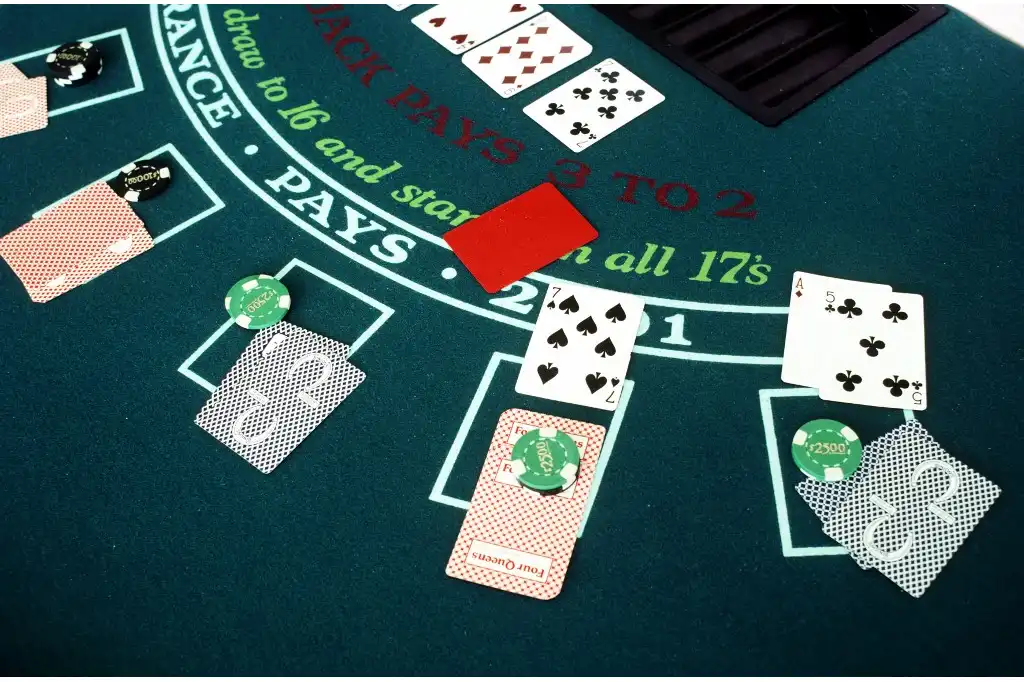
I can share that your odds of winning in blackjack are influenced by several factors, including game rules, your strategy, and the dealer’s upcard. On average, players have about a 42% chance of winning each hand, while the dealer’s winning probability is slightly higher at approximately 49%. The remaining hands, around 9%, result in a tie or push.
The house edge in blackjack is typically around 0.5% when players use basic strategy. This means that, over time, the casino expects to earn 50 cents for every $100 wagered. This low house edge makes blackjack one of the more favourable games for players in a casino.
Being dealt a natural blackjack—a hand with an Ace and a 10-value card—occurs approximately 4.8% of the time, or once in about every 21 hands. This hand usually pays out at 3:2 odds, offering a higher return compared to standard wins.
Also, I must admit, as an expert, that it’s important to note that specific game rules can impact these blackjack winning odds. For instance, if the dealer is required to hit on a soft 17, the house edge increases slightly, affecting your chances. Additionally, the number of decks in play can influence the probabilities; games with fewer decks generally offer better odds for the player.
Blackjack Odds Chart
I understand that grasping the probabilities in blackjack is crucial for making informed decisions at the table. Here’s a concise breakdown of the odds associated with various player hand totals:
| Player Hand Total | Winning Probability | Tie Probability | Losing Probability | House Edge |
|---|---|---|---|---|
| 21 (Blackjack) | ~99% (if the dealer lacks Blackjack) | ~1% | ~0% | ~0% (payout 3:2 if won) |
| 20 | ~85% | ~8% | ~7% | ~0.5% |
| 19 | ~77% | ~8% | ~15% | ~1% |
| 18 | ~70% | ~8% | ~22% | ~1% |
| 17 | ~60% | ~8% | ~32% | ~1.5% |
| 16 | ~50% | ~8% | ~42% | ~2% |
| 15 | ~42% | ~8% | ~50% | ~2% |
| 14 | ~35% | ~8% | ~57% | ~2.5% |
| 13 | ~30% | ~8% | ~62% | ~3% |
| 12 | ~25% | ~8% | ~67% | ~3.5% |
| 11 or Less | ~20% | ~8% | ~72% | ~4% |
Blackjack Side Bet Odds
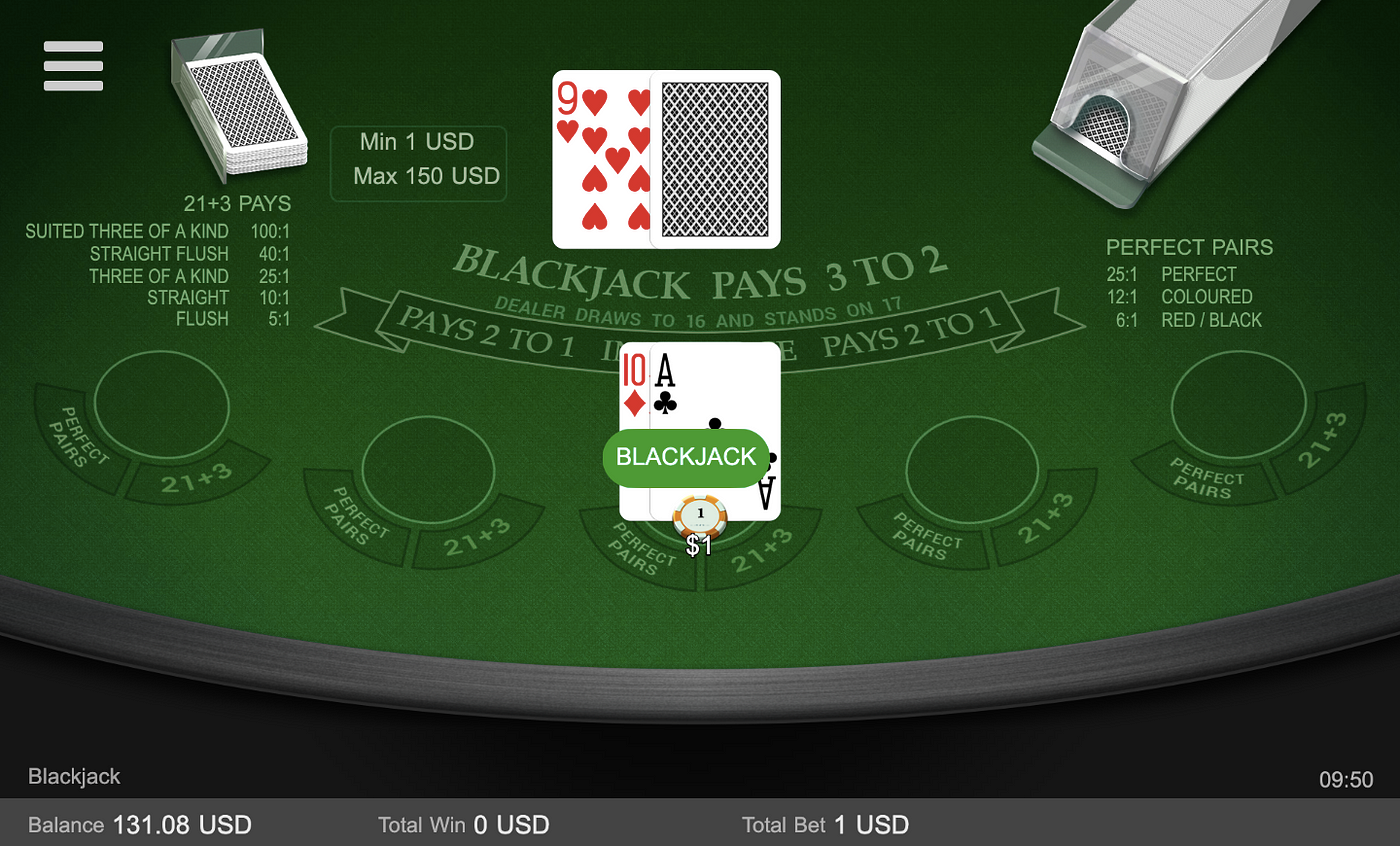
Blackjack side bets add an extra layer of excitement to the game, offering the potential for higher payouts. However, it’s important to understand that these bets come with increased risk and a higher house edge compared to the main game. Here’s an overview of some common side bets and their associated odds:
Perfect Pairs
This bet pays when your initial two cards form a pair. The payouts are:
- Mixed Pair (e.g., 8♦ and 8♣): 5:1
- Colored Pair (e.g., 8♦ and 8♥): 10:1
- Perfect Pair (e.g., 8♦ and 8♦): 25:1
The house edge for Perfect Pairs can vary, typically ranging from 2% to 11%, depending on the specific payout structure and number of decks used.
21+3
This side bet combines your first two cards with the dealer’s upcard to form a three-card poker hand. The payouts are:
- Flush (three cards of the same type in a row): 5:1
- Straight (three consecutive cards): 10:1
- Three of a Kind (three same rank cards): 30:1
- Straight Flush (three cards of the same type in a row): 40:1
- Suited Trips (three identical cards in the same suit): 100:1
The house edge for the 21+3 bet varies with the number of decks in play, ranging from approximately 6.29% with seven decks to 8.78% with four decks.
Insurance
When the dealer’s upcard is an Ace, you can place an insurance bet, wagering that the dealer has a blackjack. This bet pays 2:1 if the dealer indeed has a blackjack. However, the house edge on insurance is relatively high, around 7%, making it a less favourable option for players in the long run.
Match the Dealer
This side bet pays when either or both of your initial cards match the dealer’s upcard in rank, with higher payouts if both rank and suit match. The house edge for this bet varies depending on the number of decks used, generally ranging from approximately 2.99% to 3.63%.
While side bets can enhance the excitement of blackjack and offer the potential for significant payouts, they also come with a higher house edge, increasing the casino’s advantage. It’s essential to approach these bets with caution and be aware of the increased risk involved.
How Often Does the Dealer Bust in Blackjack
Here’s a breakdown of the dealer’s likelihood to bust based on their upcard I collected in the table:
| Dealer’s Upcard | Bust Probability | Player’s Advantage |
|---|---|---|
| 2 | ~35% | ~9.8% |
| 3 | ~37% | ~13.4% |
| 4 | ~40% | ~18% |
| 5 | ~43% | ~23.2% |
| 6 | ~42% | ~23.9% |
| 7 | ~26% | ~14.3% |
| 8 | ~24% | ~5.4% |
| 9 | ~23% | ~-4% |
| 10 | ~23% | ~-16% |
| Ace | ~17% | ~-16% |
These percentages indicate that the dealer is more prone to busting when showing lower upcards, particularly between 2 and 6. Conversely, higher upcards like 7 through Ace present a stronger position for the dealer, with reduced bust probabilities.
Understanding these probabilities can significantly influence your strategy. For instance, when the dealer shows a 5 or 6, their higher bust probability suggests that playing more conservatively might be advantageous, as the dealer is at a disadvantage. On the other hand, if the dealer’s upcard is a 10 or Ace, the lower bust probability indicates a stronger dealer position, which may require more aggressive play to improve your hand.
House Edge
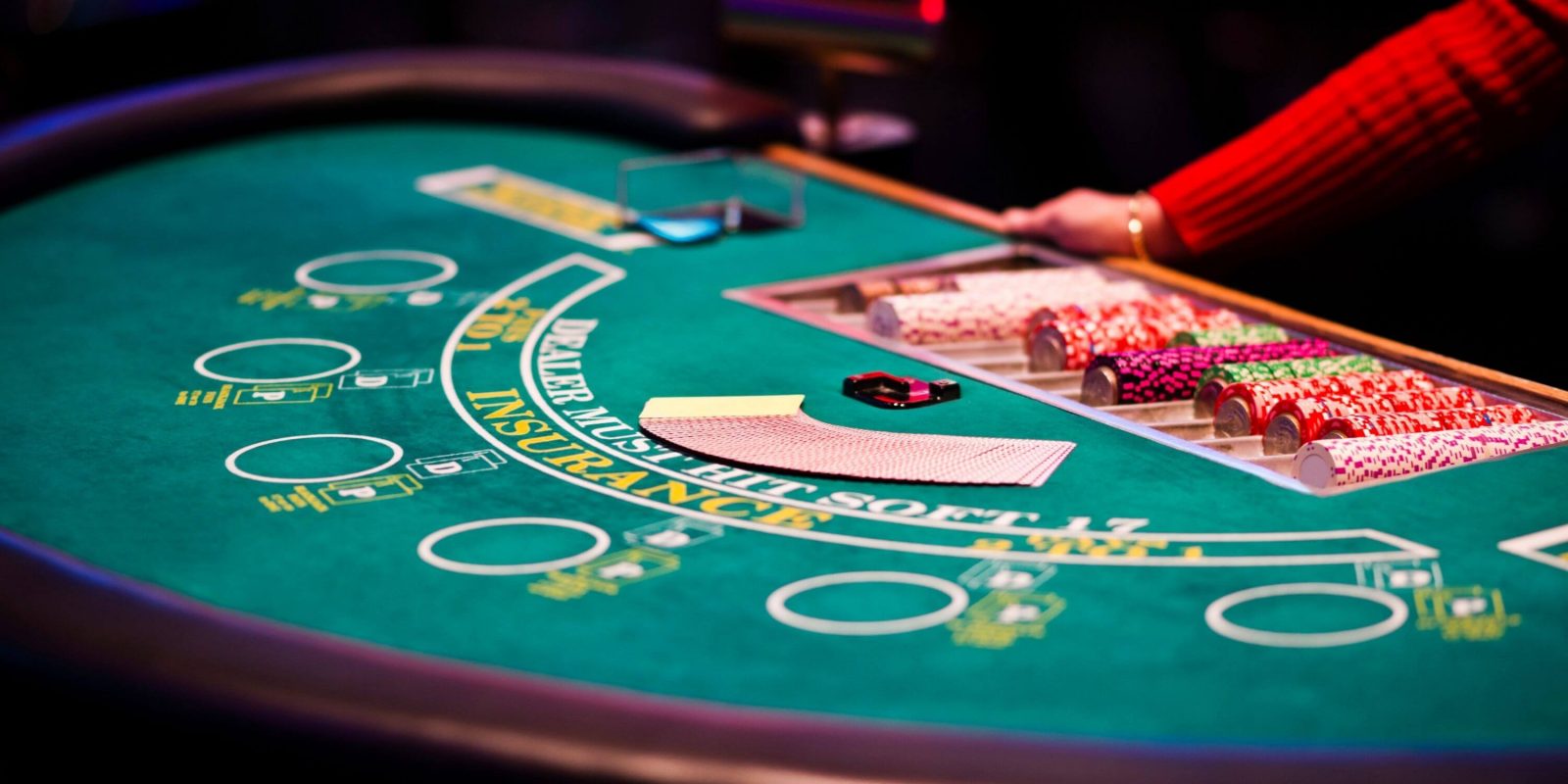
“House edge” is a term you’ll encounter frequently while looking up the odds in a blackjack game. I often emphasize the importance of understanding the house odds blackjack.
What is the House Edge in Blackjack?
The house edge is a measure of the casino’s statistical advantage compared to players during a long period of time. This blackjack benefit stems from player decisions and the rules of the game. The house edge is the portion of each stake that the casino expects to retain as profit over time.
For instance, if a game has a house edge of 1%, the casino anticipates earning $1 for every $100 wagered. This built-in advantage ensures that casinos remain profitable, allowing them to continue offering games to patrons. It’s important to note that the house edge can fluctuate based on specific game rules and player decisions. Variations in gameplay, such as the number of decks used or whether the dealer hits on a soft 17, can either increase or decrease the house edge.
House Edge Percentage
Depending on the particular rules and variations of the game, the house edge in blackjack can range from 0.5% to 2%. One of the most player-friendly casino games is regular blackjack, which has a house edge of about 0.5% when played with a single deck and favourable player rules.
The house edge percentage can, however, increase significantly when the number of decks increases or certain rules are implemented, such as requiring the dealer to hit on a soft 17. In order to know what kind of blackjack odds you’re up against, it’s crucial to be aware of all the house regulations at any blackjack table before you start playing.
Reducing the House Edge in Blackjack
Although there is an inherent house edge in the game, players can utilize techniques to lessen it and increase their chances of winning. Here are some important suggestions:
- Select the Appropriate Table: Seek out blackjack tables with rules that are favourable to players, such as those that enable doubling down after splitting, pay 3:2, and have the dealer standing on a soft 17. Just inquire if you have any questions about the table or house rules. You should be able to find out from the dealer or other casino employees.
- Employ a Basic Approach: It is essential to learn the fundamentals of blackjack strategy. This tactic entails choosing mathematically the best course of action for each hand that could be dealt to you. The house edge can be considerably reduced by using a simple technique, but you will need to do some research beforehand to become familiar with the odds for each hand.
Blackjack Probability Explained
I can assure you that making wise choices while playing blackjack requires an awareness of the game’s probabilities. A natural blackjack occurs when your first two cards total 21, typically an Ace paired with a 10-point card (10, Jack, Queen, or King). The probability of receiving such a hand varies slightly depending on the number of decks in play.
In a single-deck game, the chance of being dealt a natural blackjack is approximately 4.83%. This means that, on average, you can expect to receive a natural blackjack once in about every 20 to 21 hands. As the number of decks increases, this probability decreases marginally. For instance, in an eight-deck game, the probability drops to around 4.75%.
It’s important to note that while a natural blackjack is a desirable hand, its occurrence is relatively rare. Players cannot influence the likelihood of being dealt a natural blackjack, as it is purely a matter of chance.
When I learned these probabilities, I could be more strategic in my decisions, such as choosing when to hit or stand, based on both my hand and the dealer’s upcard.
Blackjack Return-to-Player (RTP)
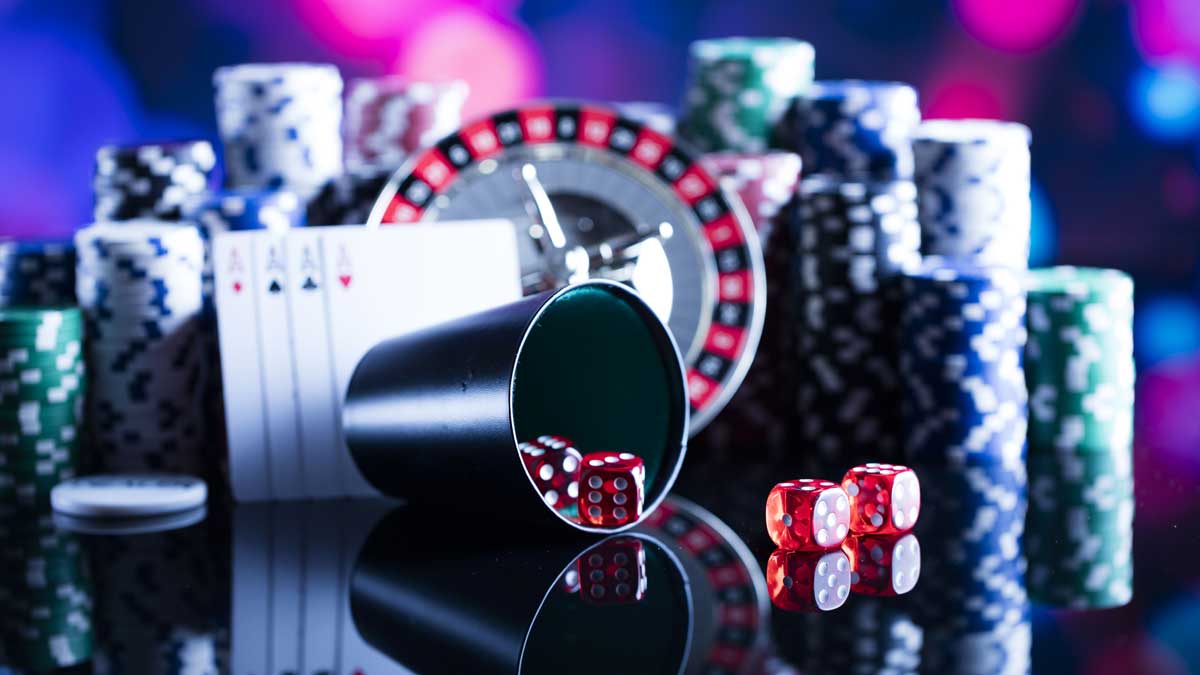
As an authority on iGaming, I frequently highlight how crucial it is to know the Return-to-Player (RTP) percentage in blackjack. The percentage of total bets that a game will probably repay to players over time is known as the RTP. The house edge and RTP in blackjack are closely related; the two together decide how profitable the game is for the gambler.
The RTP can reach 99.5% in a typical blackjack game with favourable conditions, including a 3:2 payout for a natural blackjack with the dealer standing on a soft 17. This suggests that, in theory, a player may anticipate getting $99.50 back over a long period of time for every $100 wagered. In this case, the house edge is 0.5%, which represents the anticipated profit for the casino.
It’s important to understand that RTP is a theoretical number that was determined by calculating millions of hands; individual gaming sessions can differ greatly from this average. The actual RTP can be affected by variables, including player choices, the amount of decks being used, and particular game regulations. Games that offer a 6:5 payoff for a natural blackjack or in which the dealer strikes on a soft 17 can, for example, reduce the RTP and increase the house edge.
To maximize RTP, I recommend that players seek tables with player-friendly rules and consistently apply basic blackjack strategy.
Odds vs. Probability
| Aspect | Probability | Odds |
|---|---|---|
| Definition | Likelihood of an event occurring, expressed as a fraction or percentage. | The ratio of favourable outcomes to unfavourable outcomes. |
| Range | 0 to 1 (or 0% to 100%). | 0 to infinity. |
| Expression | Decimal (e.g., 0.25) or percentage (e.g., 25%). | Ratio (e.g., 1:3). |
| Calculation | Favorable outcomes / Total possible outcomes. | Favorable outcomes / Unfavorable outcomes. |
| Pros | Intuitive and straightforward; widely used in statistics and everyday contexts. | Useful in gambling and risk assessment; directly relates to potential payouts. |
| Cons | It may be less intuitive in conveying risk magnitude compared to odds ratios. | It can be less intuitive for those unfamiliar; it may require conversion to probability for clarity. |
FAQs
🃏 Does Blackjack have good odds?
Yes, blackjack offers some of the best odds in the casino, with a house edge as low as 0.5% when using a basic strategy blackjack. This makes it one of the most player-friendly games. However, odds can vary based on table rules.
🃏 Is Blackjack a game of skill or luck?
Blackjack is a mix of skill and luck. Luck determines the cards you and the dealer are dealt, while skill influences decisions like hitting, standing, or doubling down.
🃏 What are the odds of winning Blackjack?
The odds of winning blackjack with a single hand are approximately 42%, while the dealer wins around 49%. The remaining 9% typically results in a tie.
🃏 Is Blackjack the same as 21?
Yes, blackjack is often referred to as “21.” The name comes from the game’s objective: achieving a hand total closest to 21 without going over. However, specific rules can vary between blackjack and other 21-style games.
🃏 Where can I play Blackjack online?
You can play blackjack online at licensed and reputable casino platforms. Look for sites offering fair game rules, secure payment options, and certified RNG (random number generator) technology.

James oversees the content of our site and ensures the quality of every review and news article. With over 10 years of experience in the gambling industry, he has dedicated his career to exploring new trends and market analysis. James strives to make our articles accurate, understandable, and engaging for all readers. In his free time, James enjoys playing poker and has authored several books on poker strategy.

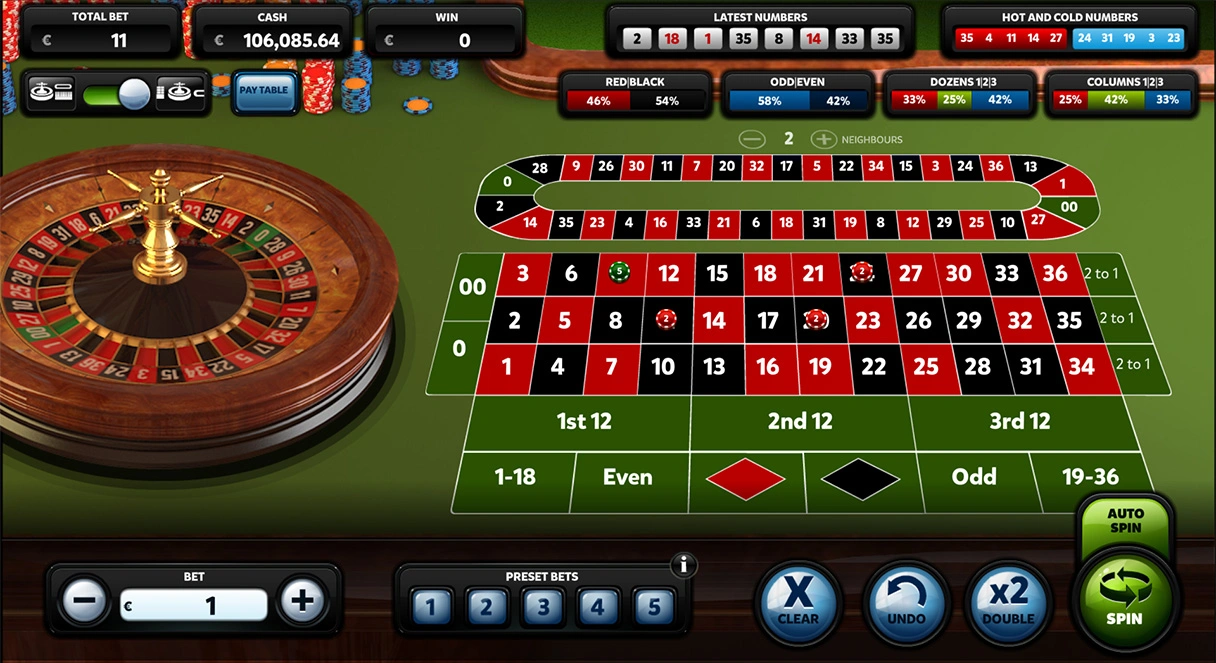
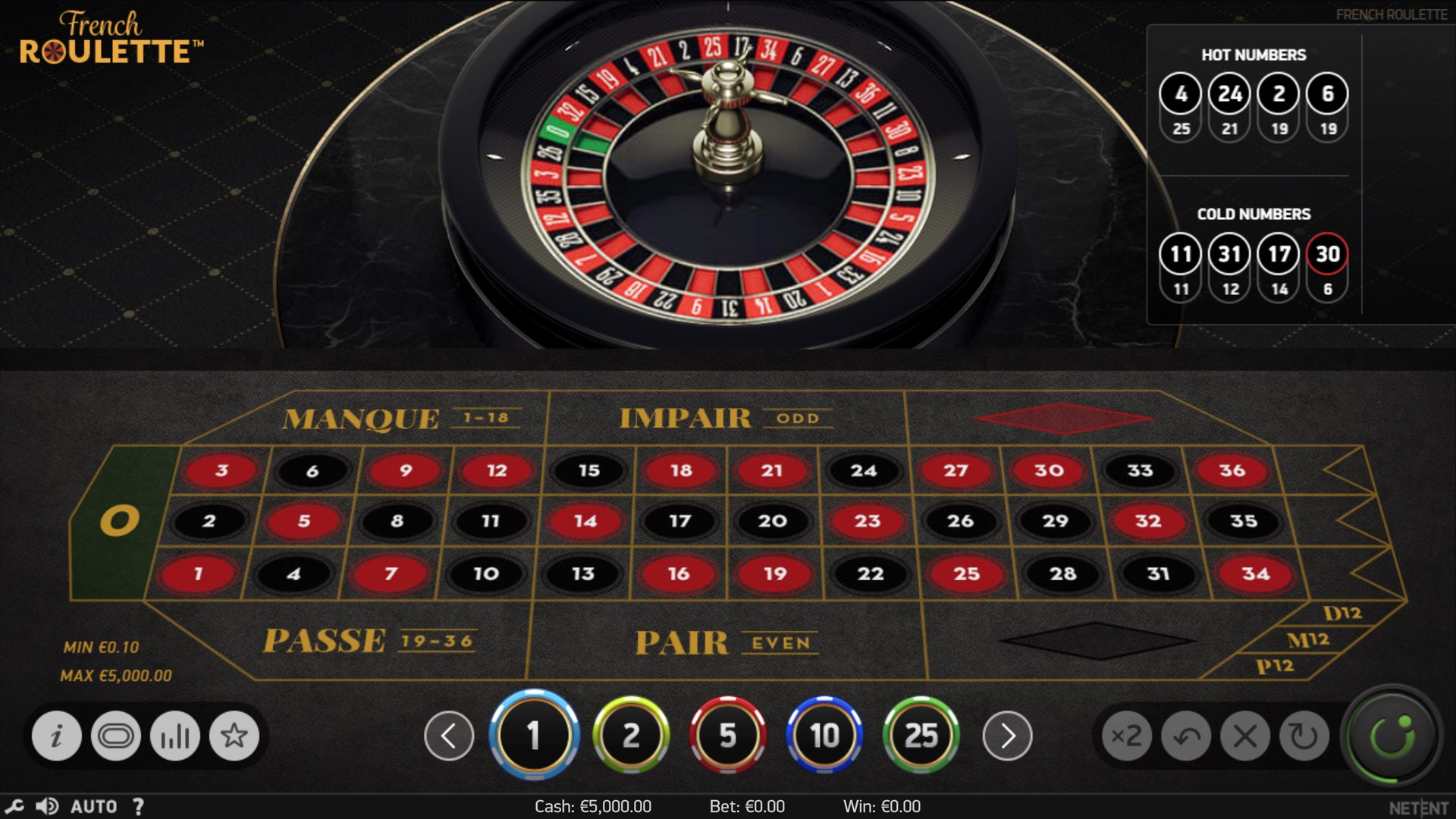

No comments yet. Be the first to comment!